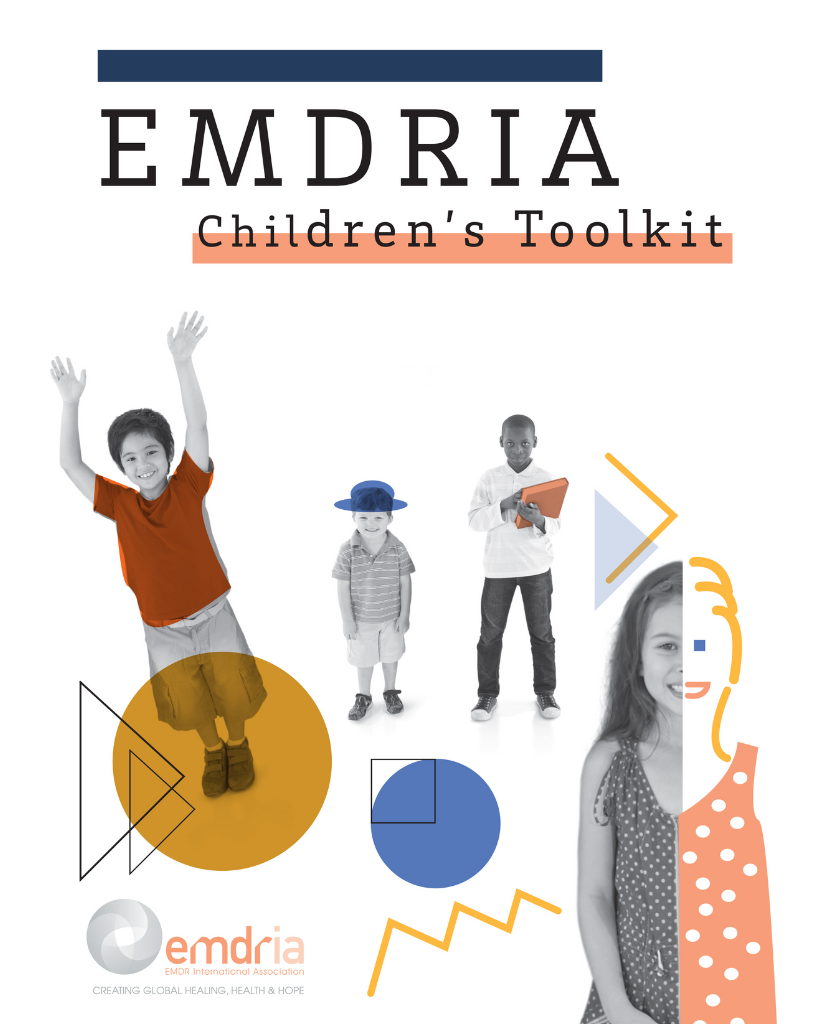Research Review: Psychological and psychosocial treatments for children and young people with post-traumatic stress disorder: a network meta-analysis
Trauma-focused cognitive behavioural therapy appears to be most effective for PTSD in youth. EMDR is effective but to a lesser extent.
Article Abstract
“Background: Post-traumatic stress disorder (PTSD) is a potentially chronic and disabling disorder that affects a significant minority of youth exposed to trauma. Previous studies have concluded that trauma-focused cognitive behavioural therapy (TF-CBT) is an effective treatment for PTSD in youth, but the relative strengths of different psychological therapies are poorly understood.
Methods: We undertook a systematic review and network meta-analyses of psychological and psychosocial interventions for children and young people with PTSD. Outcomes included PTSD symptom change scores post-treatment and at 1-4-month follow-up, and remission post-treatment.
Results: We included 32 trials of 17 interventions and 2,260 participants. Overall, the evidence was of moderate-to-low quality. No inconsistency was detected between direct and indirect evidence. Individual forms of TF-CBT showed consistently large effects in reducing PTSD symptoms post-treatment compared with waitlist. The order of interventions by descending magnitude of effect versus waitlist was as follows: cognitive therapy for PTSD (SMD -2.94, 95%CrI -3.94 to -1.95), combined somatic/cognitive therapies, child-parent psychotherapy, combined TF-CBT/parent training, meditation, narrative exposure, exposure/prolonged exposure, play therapy, Cohen TF-CBT/cognitive processing therapy (CPT), eye movement desensitisation and reprocessing (EMDR), parent training, group TF-CBT, supportive counselling and family therapy (SMD -0.37, 95%CrI -1.60 to 0.84). Results for parent training, supportive counselling and family therapy were inconclusive. Cohen TF-CBT/CPT, group TF-CBT and supportive counselling had the largest evidence base. Results regarding changes in PTSD symptoms at follow-up and remission post-treatment were uncertain due to limited evidence.
Conclusions: Trauma-focused cognitive behavioural therapy, in particular individual forms, appears to be most effective in the management of PTSD in youth. EMDR is effective but to a lesser extent. Supportive counselling does not appear to be effective. Results suggest a large positive effect for emotional freedom technique, child-parent psychotherapy, combined TF-CBT/parent training, and meditation, but further research is needed to confirm these findings as they were based on very limited evidence.”
—Description from publisher
Article Access
Purchase/Subscription Required
Mavranezouli, I., Megnin-Viggars, O., Daly, C., Dias, S., Stockton, S., Meiser-Stedman, R., Trickey, D. & Pilling, S. (2019). Research Review: Psychological and psychosocial treatments for children and young people with post-traumatic stress disorder: a network meta-analysis. The Journal of Child Psychology and Psychiatry, 61: 18-29. https://doi.org/10.1111/jcpp.13094
Date
July 17, 2019
Creator(s)
Ifigeneia Mavranezouli, Odette Megnin-Viggars, Caitlin Daly
Contributor(s)
Sofia Dias, Sarah Stockton, Richard Meiser-Stedman, David Trickey, Stephen Pilling
Topics
PTSD
Client Population
Adolescents, Children
Extent
12 pages
Publisher
John Wiley and Sons
Rights
© 2019 Association for Child and Adolescent Mental Health.
APA Citation
Mavranezouli, I., Megnin-Viggars, O., Daly, C., Dias, S., Stockton, S., Meiser-Stedman, R., Trickey, D. & Pilling, S. (2019). Research Review: Psychological and psychosocial treatments for children and young people with post-traumatic stress disorder: a network meta-analysis. The Journal of Child Psychology and Psychiatry, 61: 18-29. https://doi.org/10.1111/jcpp.13094
Audience
EMDR Therapists, Other Mental Health Professionals
Language
English
Content Type
Article, Meta-analyses/Systematic Reviews, Peer-Reviewed
Access Type
External Resource





